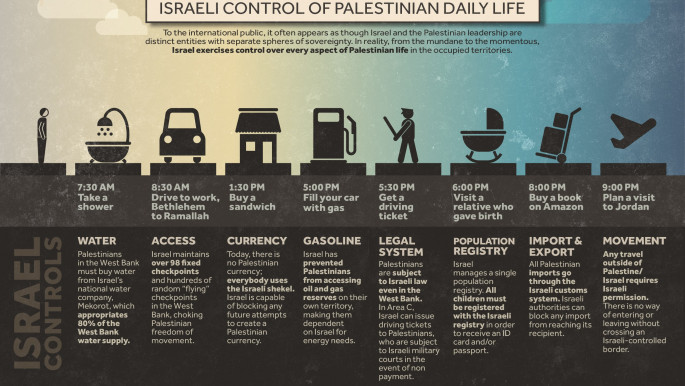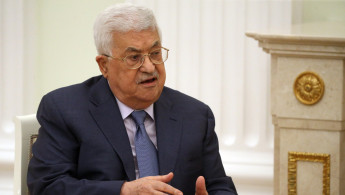Palestinian leadership to meet Thursday to discuss postponing elections over Jerusalem
Palestinian Prime Minister Mohammad Shtayyeh said at a Cabinet meeting on Monday that the leadership would discuss the elections on Thursday, when representatives of all the main factions are set to meet.
Palestinian President Mahmoud Abbas, whose Fatah party is riven with divisions and expected to perform poorly in the 22 May parliamentary elections, could cite Jerusalem as a reason for delaying or cancelling the vote. That would be welcomed by Israel and much of the international community, which fears the militant Hamas movement will gain power and influence in the election.
Israel has occupied East Jerusalem starting from the 1967 Six-Day War and later illegally annexed it in a move not recognised internationally. Israel views the entire city as its unified capital and bars the Palestinian Authority from operating there, even though Palestine considers East Jerusalem the capital of its future independent state. Israel has not yet said whether it will allow voting there.
Under interim peace agreements reached in the 1990s, some 6,000 Palestinians in East Jerusalem are allowed to submit ballots through Israeli post offices, which requires Israel's permission. The rest of the 150,000 Palestinian voters in the city can cast ballots with or without Israel's permission, according to the Palestinian elections commission.
 |
| Click here to enlarge image |
Those 6,000 voters are unlikely to be decisive in an election in which 2.5 million Palestinians are eligible to cast ballots in the Israeli-occupied West Bank and Gaza. But their participation has great symbolic importance. Many Palestinians believe that holding the elections without them amounts to recognising Israel's claims to the city.
At a Fatah meeting held Sunday night, Abbas called Jerusalem a "red line," saying he would not accept holding general elections without the full participation of its residents. He called on the international community to pressure Israel to allow the elections to be held in the city.
But delaying or cancelling the elections could prove controversial. Nour Odeh, a parliamentary candidate for a rival list, tweeted that calling them off would be “an attempt to make the status quo of stagnation & internal failure permanent.”
“Using Jerusalem as an excuse is also cynical. Israel must not [have] veto power over our right to hold elections. This is a battle we must fight and win!” she wrote.
The issue has grown even more fraught in recent days as Israeli police have attacked Palestinians around the Al-Aqsa Mosque compound. Extremist settlers have also assaulted Palestinians in recent days, shouting "Death to Arabs." Palestinian militants in the Hamas-ruled Gaza Strip have fired dozens of rockets in support of the protests. On Monday, after overnight rocket fire, Israel shut Gaza's waters off to fishing boats. Previous restrictions placed on Gaza's fishing industry in 2019 were described as an "illegal collective punishment" to Al Jazeera by Israeli human rights group Gisha's Miriam Marmur.
In January, Abbas decreed that parliamentary elections should be held 22 May, following by a presidential election on 31 July. They would be the first since 2006, when Hamas won a landslide victory in parliamentary elections. That sparked an internal crisis culminating in the militant group's violent seizure of Gaza from Abbas' forces the following year.
Since then, the Palestinians have been split by rival authorities, with Hamas ruling Gaza and Abbas' authority limited to parts of the Israeli-occupied West Bank.
Follow us on Facebook, Twitter and Instagram to stay connected





 Follow the Middle East's top stories in English at The New Arab on Google News
Follow the Middle East's top stories in English at The New Arab on Google News


